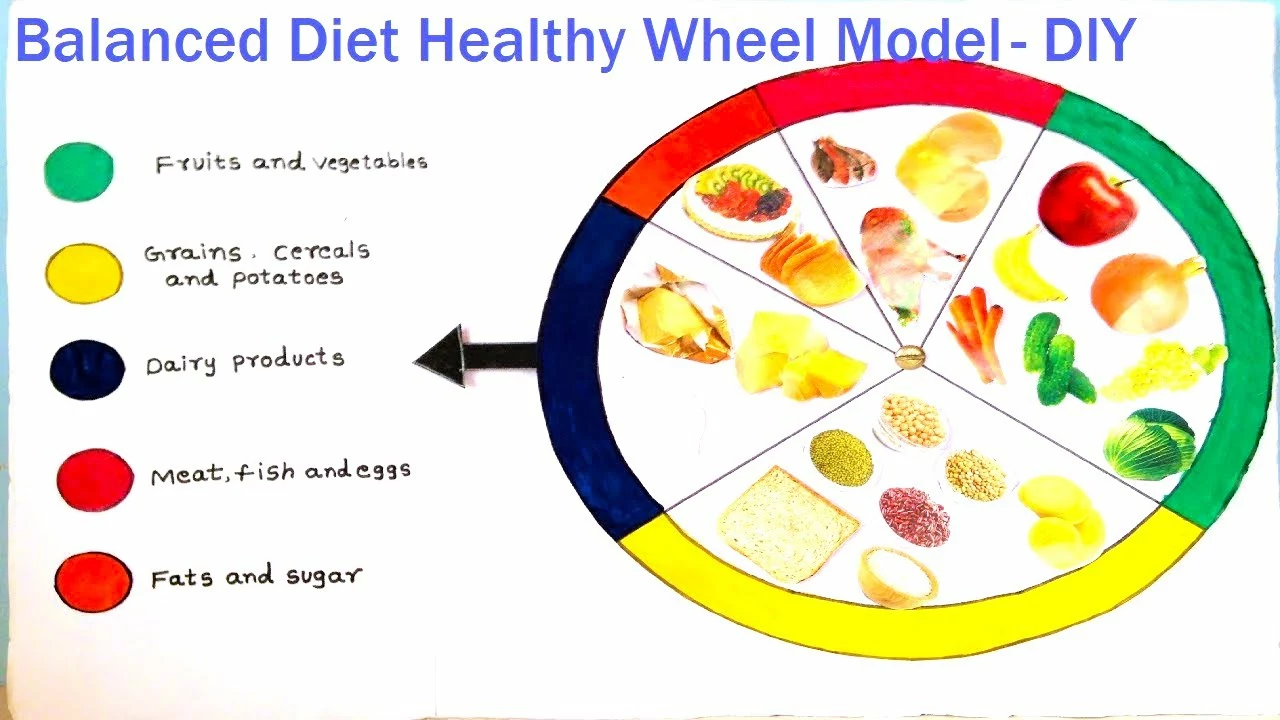Balanced Nutrition for IVF Success: Simple Diet Tips
If you’re gearing up for IVF, what you eat matters more than you think. A well‑balanced plate can give your body the building blocks it needs to respond to treatment and improve your chances of a healthy pregnancy. No fancy jargon here—just practical advice you can start using today.
Key Nutrients to Focus On
First up, folate (or folic acid). Aim for leafy greens like spinach, kale, and broccoli, plus beans or lentils. A daily 400‑800 µg of natural folate helps form the neural tube, which is crucial early on.
Iron is another must. Low iron can lead to ovulation problems. Grab lean red meat, turkey, or fortified cereals, and pair them with vitamin C‑rich foods (think oranges or bell peppers) to boost absorption.
Omega‑3 fatty acids keep hormone levels steady. Fatty fish such as salmon, sardines, or a spoonful of chia seeds each day can make a difference.
Don’t forget protein. Eggs, Greek yogurt, and tofu support tissue repair and keep you full between appointments.
Lastly, stay hydrated. Water helps transport nutrients, balances hormones, and reduces the risk of cramps. Aim for at least eight glasses a day.
Practical Meal Ideas
Breakfast: A smoothie with kale, banana, chia seeds, and almond milk gives you folate, omega‑3s, and fiber in one go.
Lunch: A quinoa bowl topped with grilled salmon, mixed veggies, and a squeeze of lemon. It’s protein, iron, and healthy fats without the hassle.
Dinner: Stir‑fried tofu with bell peppers, broccoli, and brown rice. Throw in a dash of soy sauce for flavor and you’ve got a nutrient‑dense plate ready in 20 minutes.
Snacks: Keep nuts, Greek yogurt, or an apple with peanut butter on hand. They curb cravings and keep blood sugar steady.
If you’re short on time, prep meals on the weekend. Cook a big batch of whole grains, roast veggies, and portion protein so you can mix‑and‑match during the week.
Remember, balance isn’t about perfection—it’s about consistency. Small tweaks add up, especially when your body is working hard with IVF meds. Keep a food journal for a week to see where you’re getting most of your nutrients and where you might need a boost.
Finally, talk to your fertility specialist or a dietitian. They can tailor these tips to any medical conditions you have, like PCOS or thyroid issues, ensuring your nutrition plan supports every step of the IVF journey.
Stick with these simple habits, and give your body the best possible support for IVF success.

Canagliflozin and Diet: The Importance of Balanced Nutrition
In my recent exploration of canagliflozin and diet, I've discovered just how crucial balanced nutrition is when taking this medication. As a type 2 diabetes treatment, canagliflozin works best when paired with a well-rounded diet that manages blood sugar levels. It's essential to prioritize whole foods, lean proteins, and complex carbohydrates while minimizing processed foods and added sugars. Additionally, maintaining portion control and staying hydrated helps improve the overall effectiveness of the drug. Ultimately, a healthy, balanced diet is a vital component of managing diabetes and ensuring that medications like canagliflozin have the maximum impact on our health.